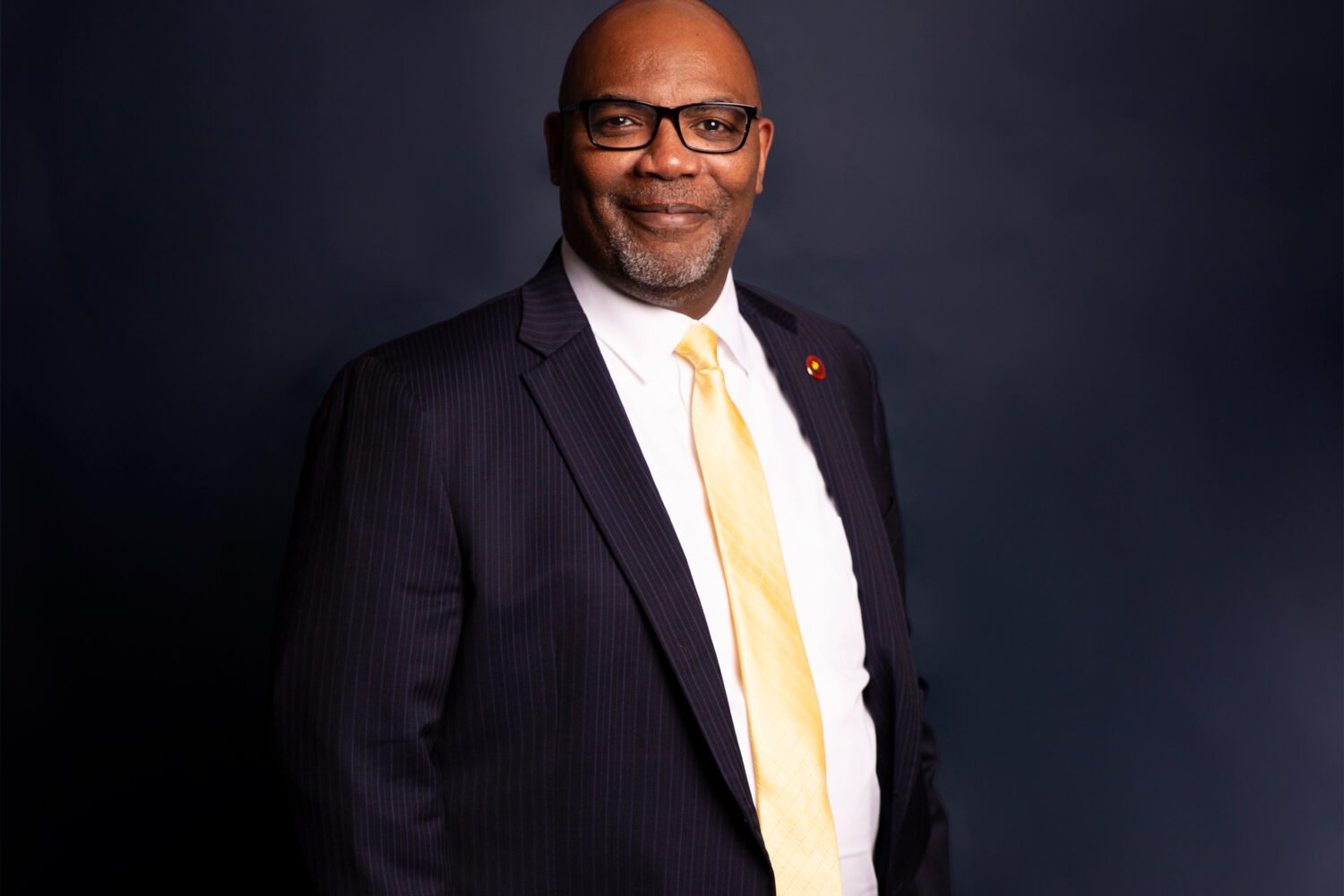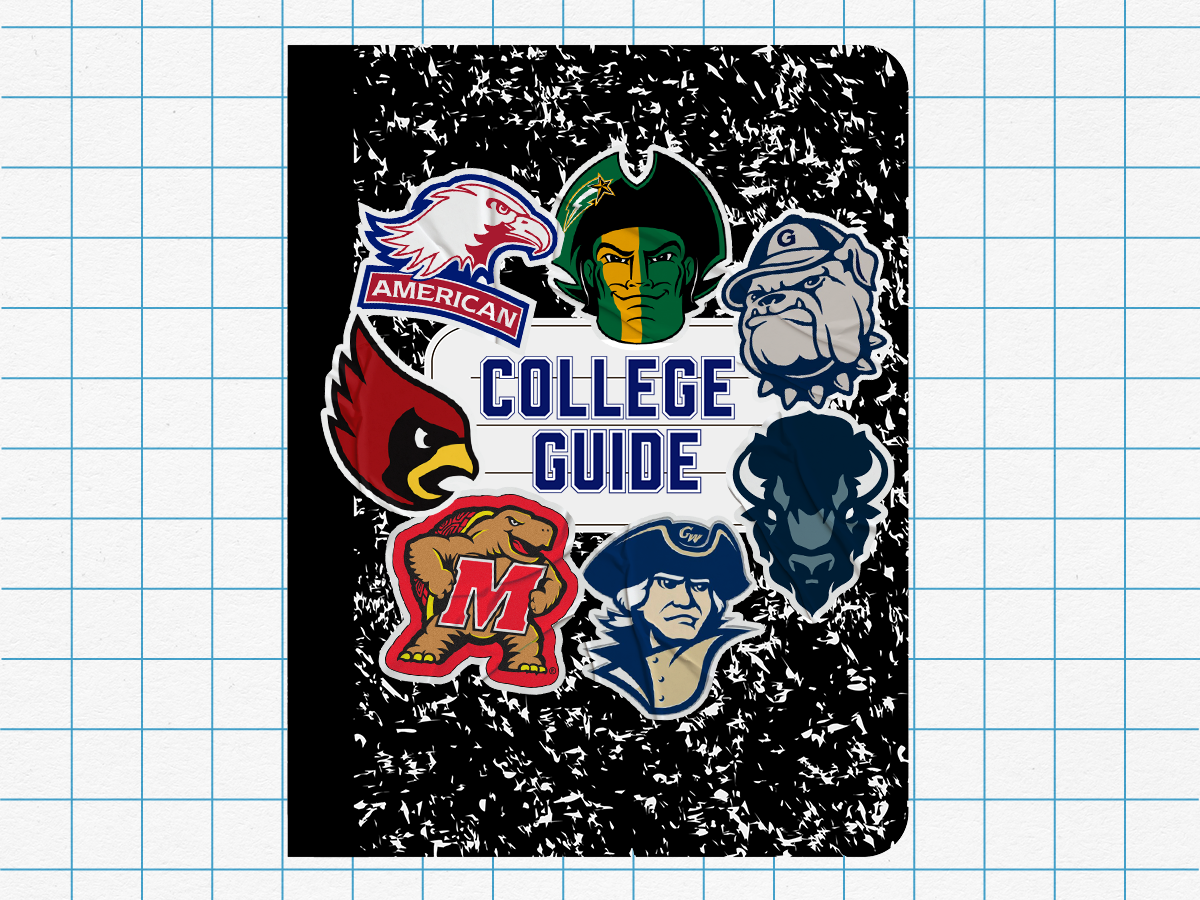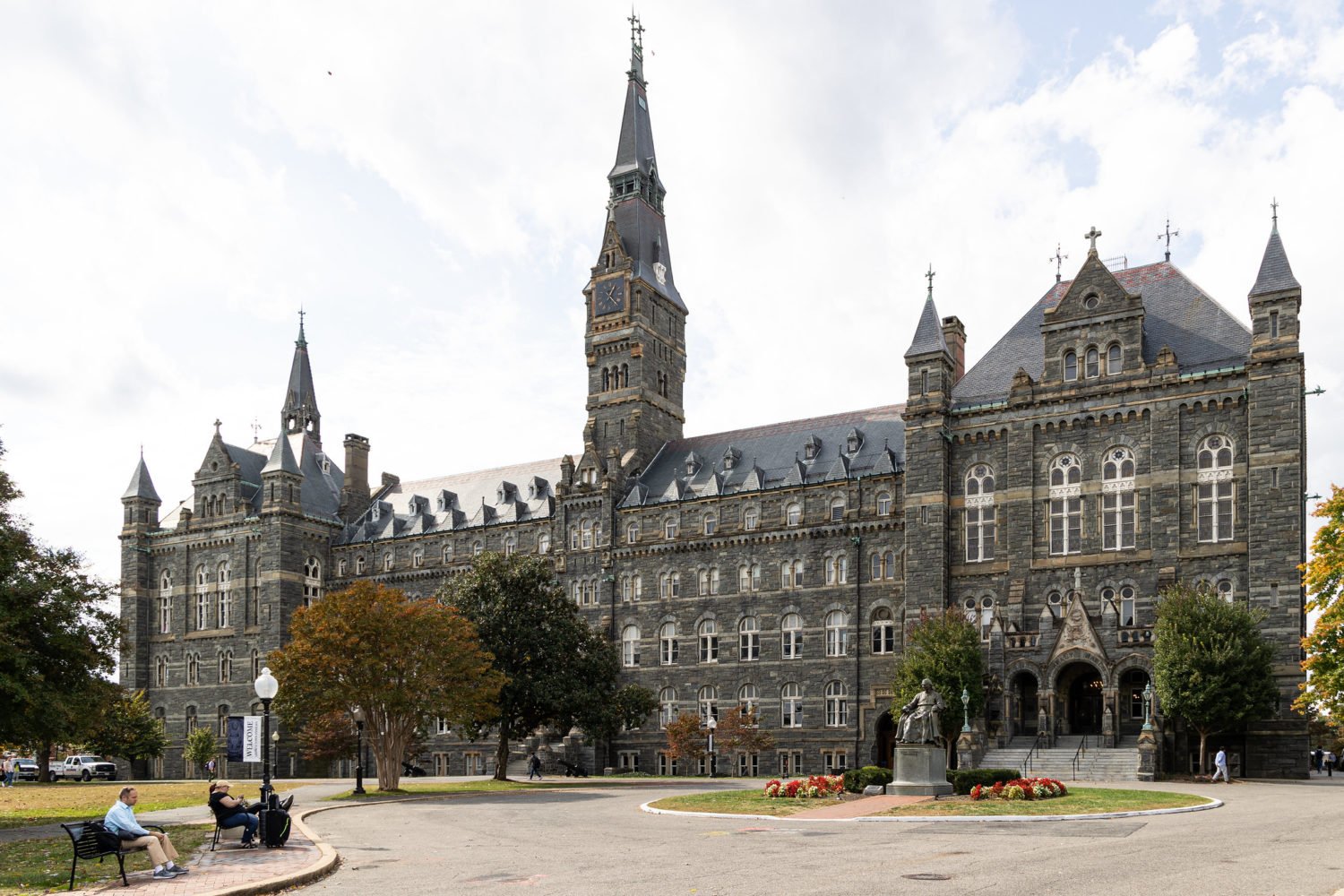Amid a sea of applications, college hopefuls have just a few opportunities to stand out: grade-point average and test scores; extracurricular activities; and, of arguably increasing importance, the admissions essay.
“A well-written and impactful essay—that gives us a chance to get to know the student behind the application—could very well make the difference between being offered admission and not,” says Shannon Gundy, who has read thousands of applications as the University of Maryland’s assistant vice president of enrollment management.
College essays have gained even more weight of late. The recent Supreme Court decision that reversed affirmative action in admissions left open the possibility that applicants could use the essay to talk about race and identity. “Although there is much about the SCOTUS decision I would like to change,” Gundy says, “the notion that students should now take the opportunity to provide more personal and meaningful information about themselves is helpful.”
We asked Gundy to share tips on writing a college admission essay that will stand out.
Don’t Assume the Essay Doesn’t Matter, or Is Taken Lightly
“While an excellently written essay won’t override poor performance in high school,” Gundy says, “the essay does provide a great opportunity for similarly qualified students to distinguish themselves. [Students are] taking similar courses, but they don’t have similar opportunities or similar lives. They may be involved in similar activities, but in what context are they involved in those activities? With 60,000 applications, we can’t interview [everyone]. The essay is a chance to get to know the person behind that other information. I’ve worked in admissions for well over 30 years, and no one has ever said, ‘Find the students with the highest grades and the highest test scores.’ ”
Do Make Sure Your Essay Highlights Who You Are
“The challenge to me and my team,” says Gundy, “is to shape a class of students that is going to be successful, benefit from what we have to offer, contribute to what we are offering, and then graduate and take all they’ve gained and make a positive impact on the world they live in. Standardized-test scores don’t tell [us] what’s important to them, what’s interesting to them, what drives them, what kinds of challenges they’ve had to navigate, and what they’ve been able to do in spite of or because of those things. [The essay] gives us that, if a student does a good job.”
Don’t Spend Too Much Time Writing About Other People
“Oftentimes, students write about people that have had an impact on their lives—a grandparent, coach, or teacher. If you tell us, ‘I admire this person, these are the traits this person had, this is the experience I had with this person, and this is what I gained, how I grew, these are the strengths I developed because of it,’ that’s helpful. But just talking about how much you admire someone doesn’t tell me anything about who you are.”
Do Be Yourself–and That Can Be Funny, If That’s You
“Students will ask, ‘Should I be funny? Should I be serious?’ My answer is be yourself,” Gundy says. “One essay I read years ago I often use as an example. The first line was ‘I stink.’ That caught my attention—the student was writing about the fact that she was a swimmer and smelled like chlorine all the time. She talked about how she had to get up every morning at 4 AM to go to swim practice, how she liked teamwork. She talked about how she had to navigate other things that were important to her because of the amount of time she had to dedicate to swimming. Reading that, I learned she was funny. And that she had determination and persistence. I learned she was able to balance other things—there was more to her than that one dimension. And she was able to do all those things and still be successful academically. It also let me know there were some vulnerabilities there, and I could relate to her because she was a real person.”
“Students ask, ‘Should I be funny?’ My answer is be yourself.”
Do Include Some Introspection
“A lot of students write about sports, and that they had an injury and weren’t able to continue to play. Stopping there doesn’t tell me anything about you. That’s unfortunate—all of us have situations like that. What did you learn? How did you grow? I’m not saying stay away from topics like that. I’m saying make sure you’re conveying information that’s helpful for us to know who you are.”
Gundy offers similar advice for students who write about the death of a loved one: “If they write about death, they have to talk beyond their grief and sadness. If you’re talking about a grandparent who passed away, what did you learn from that person? What values did they instill in you? Make sure we’re seeing how your interaction with them benefited you and what that’s going to mean, for us, if you come to our campus.”
Do Think About Different or Unique Life Experiences
“If every student we’re offering admission to is the same, with the same kinds of experiences [and] life circumstances, that doesn’t create an environment where students are going to have robust conversations. If students are coming from different places, they challenge each other—they challenge faculty members—to think differently about topics they’re discussing.
“We’re looking for people that are diverse in every sense of the word: racial diversity, ethnic diversity, geographic diversity, socioeconomic diversity, diversity of thought and experiences. That’s what we’re trying to find in the essay.
“[Students should] think about what they want to share and how they want to portray themselves. I want to get inside their brains, their emotions, and their intellect and discover what they’re going to bring, and you can’t do that unless students are thoughtful about it.”
This article appears in the October 2023 issue of Washingtonian.



















